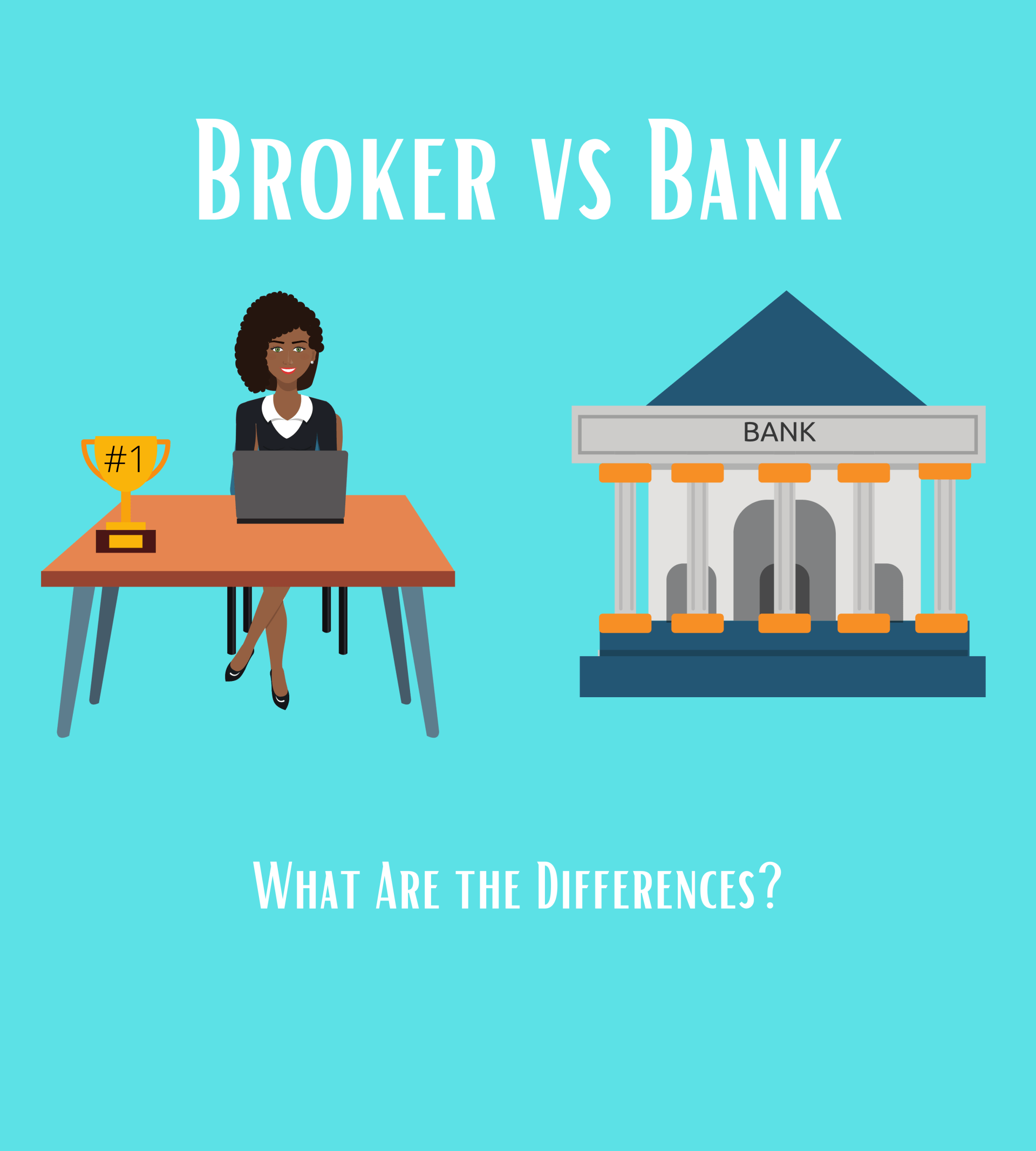Mortgage Basics
Cathy Von Eschen • September 7, 2020
Kickstart Your Search for a New Home
Mortgages are complicated. That can be intimidating, even for people who have been through it. Here are some basics that will give you more confidence when approaching a loan specialist.
Get Your Credit Reports
If you do not check your reports from all 3 bureaus once a year, you should start. Monitoring your credit is particularly important to make sure there are no mistakes in your report that could bring down your score. A lower score may mean you have to pay more for more things than just your mortgage - car insurance is one important example.
By federal law, you are authorized to receive one complete report from each of the 3 reporting agencies per year. To get your reports from Equifax, Experian and TransUnion all in one place for FREE, go to www.annualcreditreport.com/. If you pull your reports and there are errors or negative items, you may want to find ways to boost your score before you apply for a loan.
NOTE:
These reports do NOT include your credit score. They DO have every detail about all the accounts that you have opened.
Also NOTE:
if you track your score through something like Credit Karma, do not be surprised if the score that is used for a mortgage is also different than this score, as they calculate your score differently than an auto or mortgage lender. The free scores you get through your credit card may also be different, as they are based off calculations to get more credit, not for mortgages.
Understand the Difference Between Interest Rate and APR
You will want to compare loans, so it is important that you understand the difference between the loan’s interest rate and the APR, or Annual Percentage Rate so you can compare apples to apples.
The interest rate is the cost as a percentage that you will pay for borrowing the money which is called the principal. For example, if you borrow $200,000, you pay 4% on that amount. Your monthly mortgage payment will be based on this number and the principal balance, not APR.
The APR, on the other hand, includes other costs of the loan, which can vary depending on the lender and the type of loan. These costs may include closing costs, fees and discount points. So, from our example, on that $200,000 loan with a 4% interest rate, the APR is 4.36%. There are 2 things to remember about APR:
1. The Fed requires all lenders to disclose APR according to the Federal Truth in Lending Act.
2. Not all APRs are calculated the same way. You will need to ask your lender what is included in each loan’s APR for a true side-by-side comparison. There is a handy mortgage shopping worksheet
to make that part easy!
The 2 numbers allow you to compare loans different ways. Your interest rate will be based on your credit score. The higher your score means you may be eligible for a lower rate. If you do not have perfect credit, that is not a deal breaker, but just know that you may not qualify for the lowest advertised rates currently offered.
Shop Around
You will want to work with a professional that you feel comfortable with, so start your search by asking family and friends for referrals and checking out online reviews. Banks, credit unions and mortgage brokers will all have different options, but a mortgage broker will have the most options. Look for things like expertise, reliability and range of loan options.
Get Pre-Approved
This process should NOT cost you anything and will give you a first look at how your potential loan specialist will handle your loan. Do this in a 2-week window. You may have heard that “hard inquiries” of your credit will adversely affect your score. Good news! Reviewing your own credit is not considered a hard inquiry and there is a rate-shopping provision in the FICO formula that will minimize the impact on your score if you shop multiple lenders in that 2-week window. You will want to do this right before you start to look for a new place, that way you will be ready to pull the trigger should you find the place of your dreams!
Do you feel smarter and more confident? Alright then, go get ‘em Tiger!

By Cathy Von Eschen
•
October 21, 2021
So, you are considering refinancing your mortgage. If you are at this stage, you want to refinance for one reason: saving money. This is a situation where no matter what you choose, you win! Refinancing means you may have the option to either lower your payment or choose a shorter term. The one that you choose should match your unique situation. Here is a list of things to consider that will play a big part in your final decision: How stable are your income and/or expenses? How much wiggle room do you have in your monthly budget? Are you saving for emergencies, home improvements, college? How long do you plan to stay in the home? How long have you had your current mortgage? Lower Monthly Payment The main benefit of lowering your payment is that you free up money in your monthly budget for other things. Knowing your budget will help guide you to the right decision. If you have fluctuating expenses or income, a lower payment can look attractive. Every homeowner should have an emergency fund to handle the unexpected. If you are saving up for something, like an emergency fund, a college fund for the kids or for home improvements, a lower monthly payment can be a great way to help fund those savings. Shorter Term Depending on what your current rate is, today’s low interest rates can mean that with a shorter-term loan, you can end up with a similar mortgage payment to what you pay now. This can be a great option if you: have been in the home years – if you are 8 years in on a 30-year loan, a 20-year term might make more sense and save you money for the life of the loan have wiggle room in your monthly budget have an emergency fund and no need save chunks of money for upcoming expenses like college are looking to stay in your home beyond the length of the term – a shorter loan will mean more payment-free days in you home down the line The advantages of a shorter term is that you will pay less overall for the life of the loan and you will be done paying sooner. Think about what it would be like 20 years from now not having a mortgage payment. This may be a great option if your goal is to retire early. Other Ways to Save Money on Your Loan A shorter-term loan is not the only way to reduce the overall cost of your mortgage. You can also make additional principal payments that will reduce the length and cost. A lower monthly mortgage payment can give you flexibility to handle changes in income, expenses and your family’s priorities. Consistently paying additional principal payments takes discipline. If you know that you will likely be tempted to spend the money you would save on a lower payment and your goal is to pay your mortgage off as soon as possible, a shorter term will lock you in and eliminate temptations.

By Cathy Von Eschen
•
March 9, 2021
Is this year the year you get serious about saving for a new home or bigger one? Start with a goal for what your want to save for a down payment. After you close, you will want to have a cushion in savings, so add that to the total. Next, create a realistic budget and then get saving. With a plan, you will be surprised how quickly you can make your home-buying dreams a reality! Here are some tips on how to get started: 1. Get New Insurance Rate Quotes - automatically save the difference. 2. Divert Your Annual Raise – dunk the extra you are already living without into your savings. 3. Save What You Aren't Spending – no commute or wardrobe expenses? Deposit those $$. 4. Sell Your Stuff - use Facebook Marketplace, Ebay or even a garage sale! Bank the bucks. 5. Skip the daily coffee run – adds up quick: $5/day x 5 days/week x 52 weeks = $1,300/year! 6. Reserve Your Refund – in 2020, the average individual refund was $2,707. Stash that! There are tons of ways to save a little extra here and there, but the key is to do that automatically. Today’s banking apps make it easy to “pay yourself first” and monitor your progress. You will thank yourself when you are in your new home!

By Cathy Von Eschen
•
October 21, 2020
Your home is not just a place to live, it is often your largest asset. Home equity is one of the best ways to build wealth, but value appreciation is based on an ever-changing market. The number of homes available, the number of people looking for homes, interest rates, and the economy play important roles in the value of your home. One important way to improve the value of your home is maintenance and improvements. Curb appeal tops the list according to James Murrett, president of the Appraisal Institute, a professional association for real estate appraisers. A great-looking home invites buyers to come in and see the inside. The outside of your home takes a beating from the elements, so it is important that you maintain the outside as well as the inside. It is a good idea to have a reputable contractor out to look at your exterior if there’s been a storm with hail or high winds. Typically, this is a complimentary, no-obligation visit. They will be able to tell you if you need to involve your insurance company and can guide you through that process. Ashton McGee of Ashton McGee Restoration Group sees his greatest value to home owners as providing a consultative experience through the insurance process, stating “It’s important for us to be a company that will inform consumers of their rights and educate them on the process.” He and his team work hard to build credibility with local adjusters to improve communication and set expectations. An exterior remodel can really increase the value of your home and provide that “wow” factor. Home buyers are looking for homes that are low maintenance. If you are going to update the exterior, be sure to ask about options that are low- or maintenance-free. Maybe you don’t need new siding, but if your home looks dull next to your neighbor’s, a fresh coat of paint on the front door might be in order. Don’t forget about landscaping and maintaining your lawn. Planting some flowers is a great way to spruce up your yard.

By Cathy Von Eschen
•
September 8, 2020
So, you have a chunk of money set aside for a down payment and you are ready to take the leap into home ownership. Where do you go from there? You really have 2 choices: a mortgage broker or a direct lender (AKA bank, credit union, etc.). When it comes right down to it, the main difference between the two is the number of choices you will have for loan options. The one thing that is not different is the process for applying for a mortgage loan. You will still need to dig up a bunch of information. Sorry! Direct Lenders Your bank or credit union may be a good place to start shopping for a mortgage. They will only be able to match you with the limited selection of options for that institution. If you have perfect credit with a FICO credit score of over 800 and have a long-established relationship, this might be your best option. You will still want to shop around to make sure you are getting the best loan for your situation. If you chose to shop at other direct lenders, this can quickly become a very time-consuming venture. Mortgage Broker A broker is a licensed representative that can connect you with a wide range of lenders and loan options. The key advantage the mortgage broker: a one-stop-shop experience where you will only need to go through the application process once with the just one hard credit pull to get you matched with your best options. One Other Consideration: Time Mortgage rates are so low right now. You would have to be living under a rock to not know that and living under there for a while. A global pandemic has not slowed down real estate sales in 2020. In fact, Covid-19 suddenly had many of us finding our current space woefully inadequate for a seemingly overnight work from home, learn from home, make a sour dough starter situation. The underwriting departments at many banks and other direct lenders are overwhelmed, pushing out closing dates to over 45 days. If time is of the essence, or you are just plain excited to get into your new place, a broker will be the best option!
